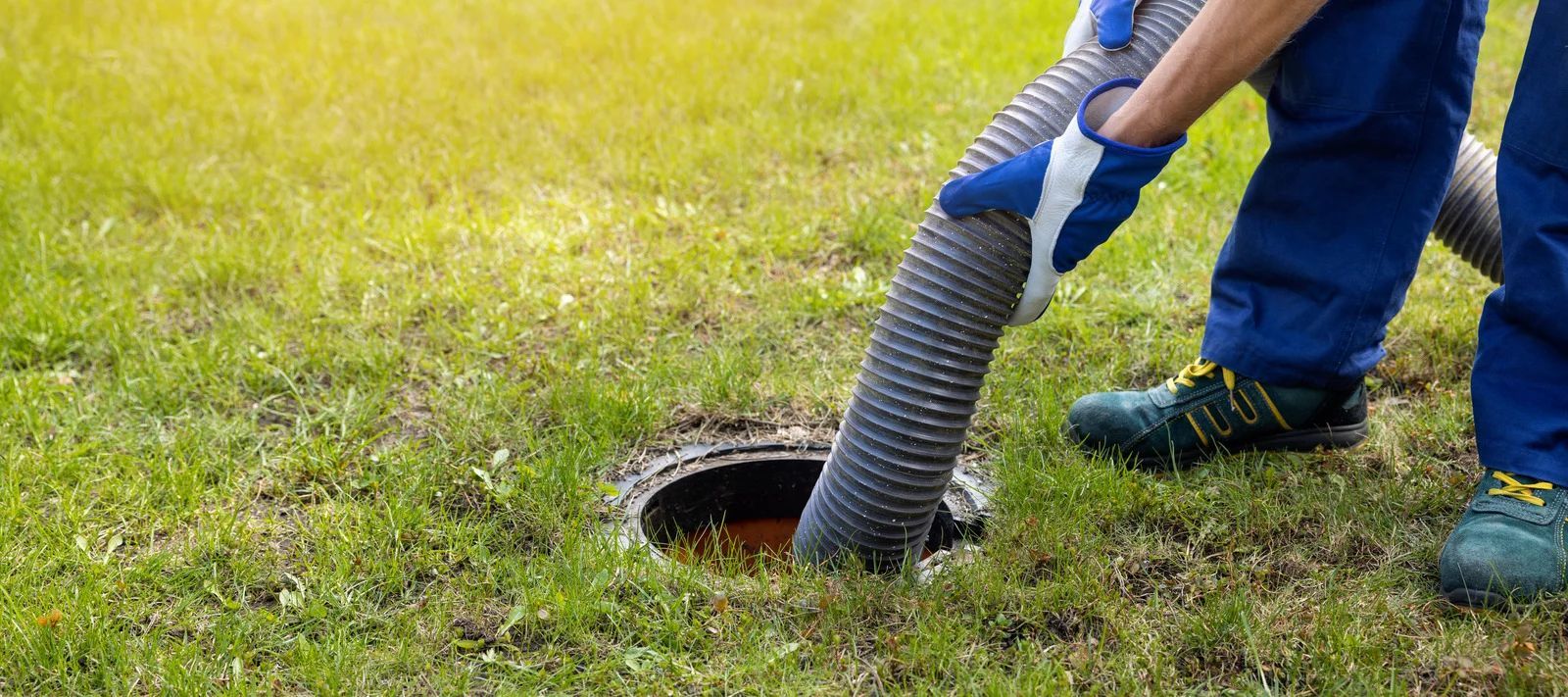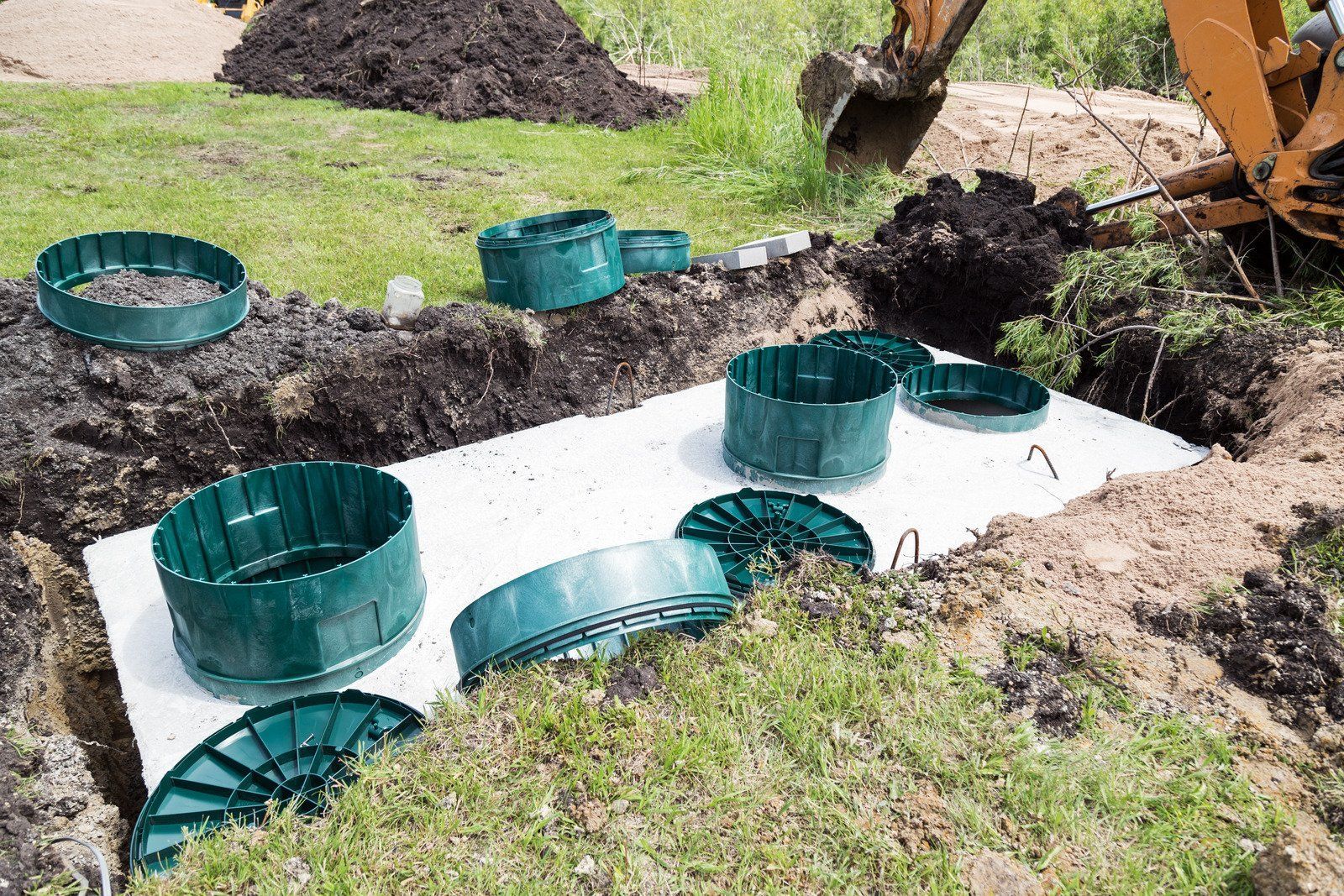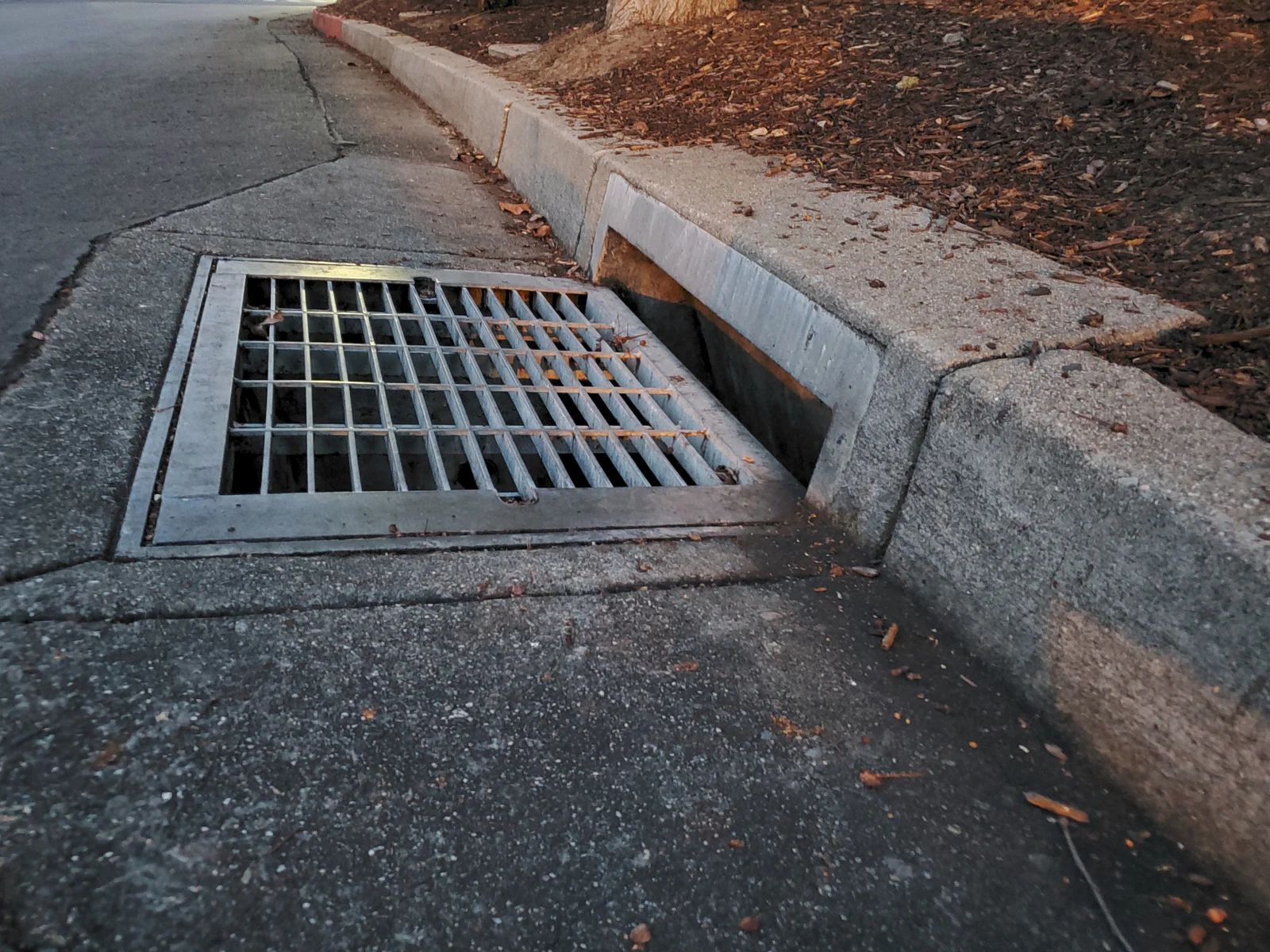How to Extend the Lifespan of Your Septic System
October 17, 2025

Your septic system plays a vital role in managing household wastewater, especially if you live in a rural or suburban area without access to municipal sewer services. Despite being out of sight, it should never be out of mind. A neglected septic system can lead to costly repairs, environmental hazards, and major disruptions in your home. Fortunately, with just a few consistent practices, you can dramatically extend the life of your septic system and ensure it functions efficiently for decades.
Septic systems are built to last, but they require responsible usage and regular care. Just like your car or HVAC system, proactive maintenance is the key to preventing breakdowns. Understanding how your system works and what it needs can save you thousands of dollars in future repairs. In this blog, we’ll explore practical tips to help you preserve your system’s longevity and keep your home running smoothly.
1. Schedule Routine Inspections and Pumping
One of the simplest yet most crucial steps in maintaining your septic system is regular inspection and pumping. Most systems need to be inspected every one to three years and pumped every three to five years, depending on the size of your tank and household usage. These check-ups help detect early signs of trouble, like sludge buildup or leaks, before they become serious problems. Professionals can also check components like filters and baffles to ensure everything is in good working order.
2. Use Water Efficiently
Reducing water usage in your home minimizes the load on your septic system. Excessive water flow can overwhelm the tank, leading to premature failure. Simple changes such as installing low-flow showerheads, fixing leaky faucets, and spacing out laundry loads throughout the week can make a big difference. Efficient water usage allows your septic tank the time it needs to break down waste properly.
3. Be Careful What Goes Down the Drain
Your septic system is not designed to handle everything you might send down the drain or flush. Non-biodegradable items like wipes, feminine hygiene products, paper towels, and grease can clog and damage the system. Even household chemicals, such as bleach and drain cleaners, can disrupt the natural bacteria that break down waste. Stick to septic-safe products and avoid flushing or pouring anything that can’t decompose naturally.
4. Protect the Drainfield
Your drainfield plays a critical role in filtering and dispersing treated wastewater. To maintain its effectiveness, avoid parking vehicles or placing heavy objects in the area. Compacted soil can reduce drainage and cause backups. Additionally, keep trees and shrubs with deep roots away from the drainfield, as roots can damage pipes and obstruct water flow.
5. Divert Rainwater and Surface Runoff
Excess water from gutters, downspouts, or sloped landscapes can saturate your drainfield, preventing it from properly absorbing wastewater. Make sure your landscaping and drainage systems direct water away from the septic area. This helps keep your system balanced and functioning efficiently.
Trust the Experts at On Time Septic LLC
A well-maintained
septic system can last for 25 to 40 years or more, saving you time, money, and stress. With over 40
years of experience, On Time Septic LLC
has been helping homeowners in Irving, Texas, care for their septic systems with expert service and reliable maintenance. Whether you need routine pumping or full inspections, our team is dedicated to keeping your system in peak condition. Contact us today and experience the difference that decades of professional care can make.






